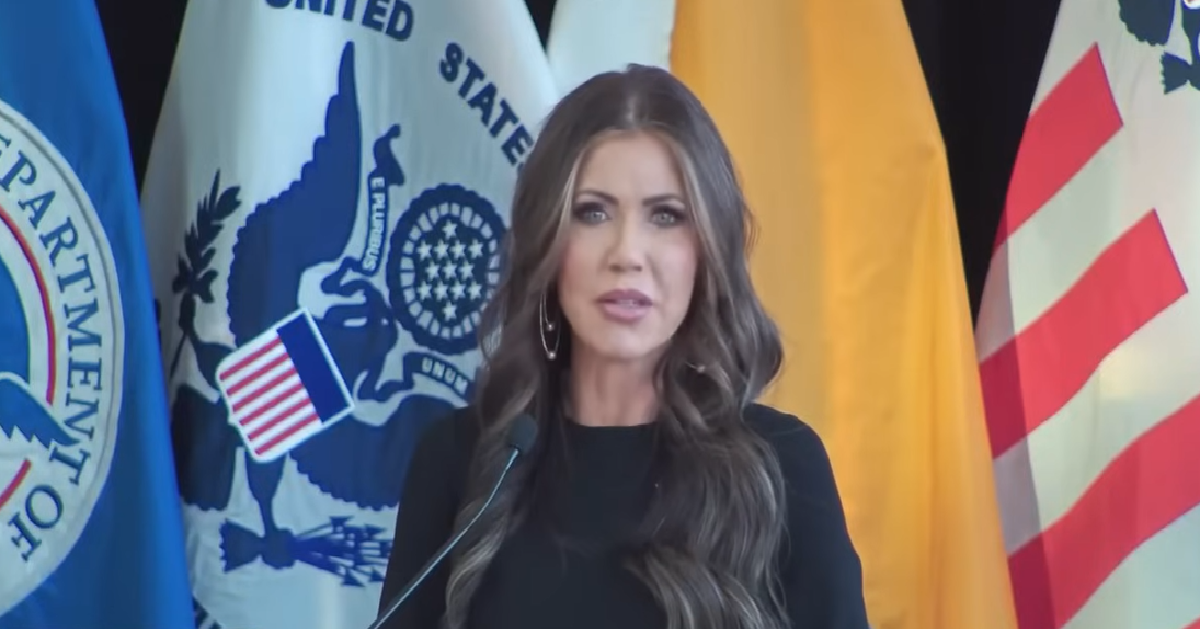HHS's top vaccine official resigns, critical of Kennedy
The top vaccine official at the Food and Drug Administration has resigned on Friday, citing "misinformation and lies" about vaccines under the leadership of Health and Human Services Secretary Robert F. Kennedy Jr.
Director of the Center for Biologics Evaluation and Research Dr. Peter Marks said in a letter to acting FDA commissioner Sarah Brenner on Friday that he would resign and retire by April 5.
He expressed willingness to "work with" Kennedy to address concerns about vaccine safety, but said it wasn't going to be possible.
“It has become clear that truth and transparency are not desired by the Secretary, but rather he wishes subservient confirmation of his misinformation and lies,” he wrote.
Resign or be fired
Kennedy had given Marks the option to resign or be fired, a former FDA official told the New York Post.
Marks was in charge of the rapid review and approval of COVID vaccines during the pandemic, so he is a controversial figure to begin with.
Many have complained about the safety of mRNA COVID vaccines and claimed to have experienced adverse effects from them.
COVID vaccines were approved years faster than the normal process for vaccine approval because COVID-19 was perceived as a grave threat to seniors and anyone with a weak immune system.
New research
While Kennedy promised during Senate confirmation hearings not to change recommendations for childhood vaccines, he has said the agency will look into their safety and do new research that has not been done before.
He has also decided to lay off 10,000 agency employees, about 12% of the work force, and cut spending for addiction services and community health centers.
While it's a no-brainer that useless bureaucrats have to go, cutting addiction services takes the possibility of treatment away from some of the most needy people in the current system--those who likely have no resources of their own to pay for treatment because of the effects of the disease of addiction.
Indiscriminate budget cutting could lead to increases in societal ills like overdose deaths and homelessness.
Many studies have shown that publicly funded substance abuse treatment leads to lower costs for health care, criminal justice, and social services while increasing productivity in the work force, in addition to saving lives.
It is hoped that DOGE and agency heads would carefully weight the cuts they are making to avoid making existing problems worse.






